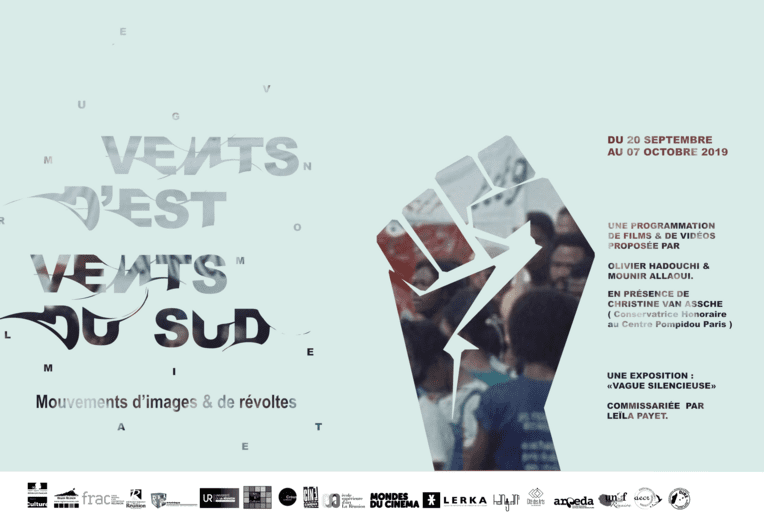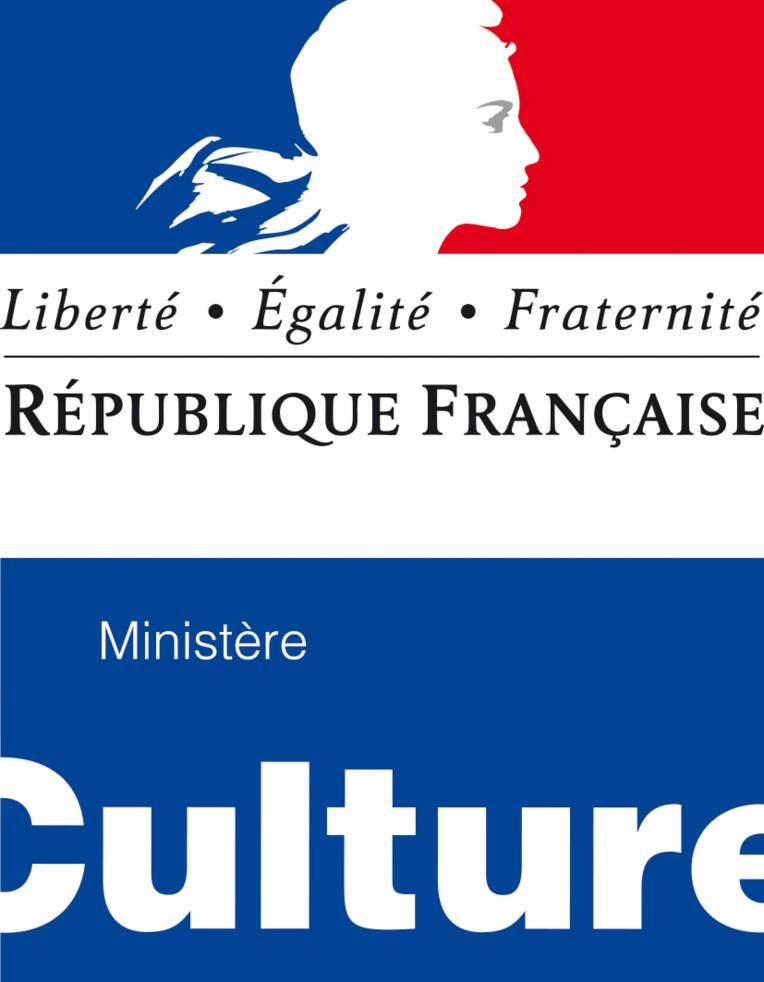Plastic arts
The DAC of La Réunion implements the policies of the Ministry of Culture in favor of plastic arts, design, fashion and crafts. It ensures the pedagogical supervision of territorial art schools, develops support for the creation and monitoring of dissemination networks (regional contemporary art funds, art centers). It supports the structuring of professions and their remuneration, notably through copyright and the right to remuneration for public presentation. She is attentive to the development of arts and cultural education and digital issues as well as accessibility issues for all audiences.
The actions of the DAC:
- It provides the advice and information necessary for creators to facilitate and support their projects, as well as their working conditions and their social and economic integration.
- It allocates individual aid to artists, Appraises grant applications for the dissemination of contemporary art and promotes cooperation between the various actors in the region to support a living network of institutions and events intended to promote contemporary creation.
- It accompanies and supports public procurement operations in partnership with local authorities.
- It also accompanies the 1% artistic procedure.
- It monitors files relating to higher arts education in relation to schools. (ESAR for Reunion).
Aid to artists
The DAC of La Réunion accompanies visual artists in order to promote creation. As such, it allocates two types of aid: on the one hand, individual creation assistance to finance a research or creation project and on the other hand, the allocation of installation or purchase of material to finance a project of equipment in structuring material for the exercise of artistic activity and/or carrying out work in the workshop. (Download the documents opposite and see the section Aids and licenses)
The Public Order
Public procurement is the manifestation of a desire involving the State and multiple partners (local authorities, public institutions or private partners), to contribute to the enrichment of the living environment and the development of national heritage, by the presence of works of art outside the only institutions specialized in the field of contemporary art. The public commission thus designates both an object - art that, by leaving its reserved spaces, seeks to meet the public in its living spaces and in the public space - and a procedure. The public commission involves a wide variety of plastic expressions and artistic disciplines: sculpture, design, crafts, new media, photography, graphics, landscape, light, video, etc. Read also/ Decree of August 24, 2016
The 1% artistic
The 1% artistic is a regulatory scheme that consists of allocating funding representing 1% of the cost of public buildings to the order or acquisition of one or more works of art specially designed for the building in question. (see links opposite)
The Regional Contemporary Art Fund of Réunion (FRAC)
The Fonds régional d'art contemporain de la Réunion is developing an artistic and cultural project based on the following missions: the creation of an artistic heritage, the production and dissemination of contemporary art, in places not particularly familiar with this artistic field, from a spatial planning perspective, the sensitization of the public to contemporary art.
Higher schools of art
There is a higher art school under the pedagogical supervision of the Ministry of Culture and Communication in Reunion: theESAR
Mobility assistance
Created in March 1999 at the initiative of the Secretary of State for Overseas Affairs and the Ministry of Culture, the Overseas Artistic and Cultural Exchange Assistance Fund (FEAC) is primarily intended to support the dissemination of artistic productions from overseas territoriessea, between these territories and the metropolis as well as between these territories and the international. The initial protocol was reviewed and signed by the Overseas Departments and Culture on 27 March 2018.
More information here
CONTACT:
Arnauld Martin: arnauld.martin@culture.gouv.fr



